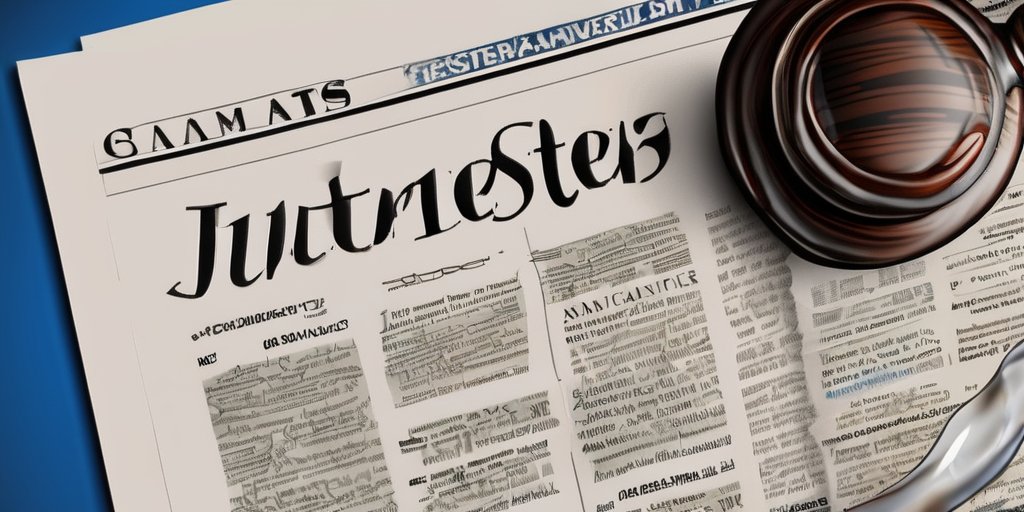In a significant and controversial development, CBS News’ parent company, Paramount Global, has agreed to settle a lawsuit filed by former President Donald Trump for a robust $16 million. This lawsuit stemmed from a 60 Minutes segment aired last fall, which Trump criticized for alleged unfair editing of an interview with Vice President Kamala Harris. The settlement, announced late Tuesday night, does not involve an apology from CBS, but the funds will be directed towards Trump’s future presidential library.
The settlement encapsulates a long-standing legal struggle that many legal experts deemed frivolous, arguing that CBS had a solid basis for fighting the case in court. A CBS News staff member conveyed the mixed emotions within the organization: “This is a very sad moment for 60 Minutes, CBS News and journalism,” alongside a prevailing sense of relief that the ordeal seemed to be coming to an end.
Despite initially seeking billions in damages, Trump’s legal team heralded the agreement as a triumph for Americans against what they termed the “Fake News media.” They argued that CBS recognized the strength of Trump’s case, forcing them to acquiesce. This characterization of victory, however, sharply contrasts with analyses from outside observers who suggested that the settlement highlights corporate interests overtaking journalistic integrity.
Often termed an issue of note within the scope of media mergers, analysts pointed out that Paramount was seeking approval from the Trump administration for a merger with Skydance Media. This connection arguably empowered Trump, giving him leverage over the mega-corporation, prompting accusations of the settlement being a political payoff.
As the dust settles, the Writers Guild of America East condemned the settlement, describing it as a vicious attempt to influence the administration. They insisted the lawsuit’s proceedings were entirely separate from the ongoing merger discussions.
The crux of the lawsuit was linked to Trump’s claims that interviews conducted with the Vice President were manipulated to favor the Democratic narrative. Despite CBS defending their practices under the First Amendment and revealing that the edits were standard procedure, the lawsuit hung heavily over the network until this much-debated settlement.
Interestingly, the agreement does promise to enhance transparency in the future, with CBS stating that it would release transcripts of interviews with presidential candidates post-airing, albeit still subject to necessary redactions.
Ultimately, the tumultuous road leading to this settlement reflects broader struggles in the interplay between media freedoms and political power in today’s environment. The ongoing plight of Paramount and CBS News serves as a reminder of the delicate balance between corporate goals and journalistic integrity, a struggle that remains fraught with challenges in the age of heightened political sensitivities.
